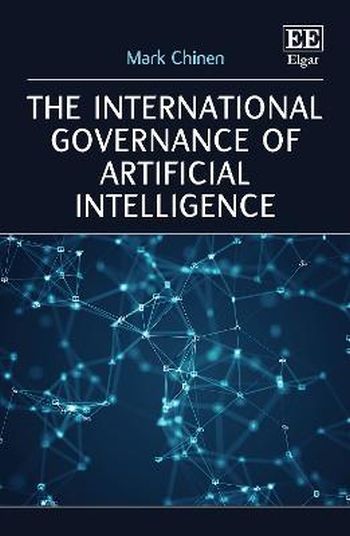We will be closed from 5pm Thursday 17th April for the Easter Bank Holidays, re-opening at 8.30am on Tuesday 22nd April. Any orders placed during this period will be processed when we re-open.

This timely book investigates emerging efforts to govern artificial intelligence (AI) at an international level. It emphasizes the complex interactions involved when creating international norms related to potential and current developments in AI regulation.
Organized into four parts, The International Governance of Artificial Intelligence demonstrates how formal and informal standards for AI are emerging from stakeholder interactions. With the objective of describing a nascent transnational law on AI use, chapters survey the various global realities that affect AI governance, concluding that AI law should ultimately be evaluated against the measure of international human rights.
Students of law and governance will benefit from this book, particularly when studying emerging technologies, international economic law and general international law. Those researching policy creation and regulation will additionally find it to be an enlightening read.